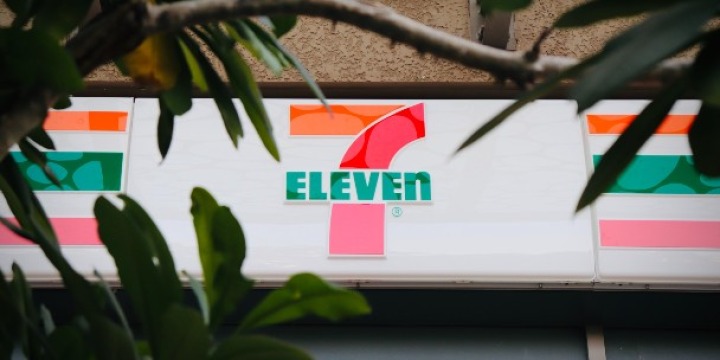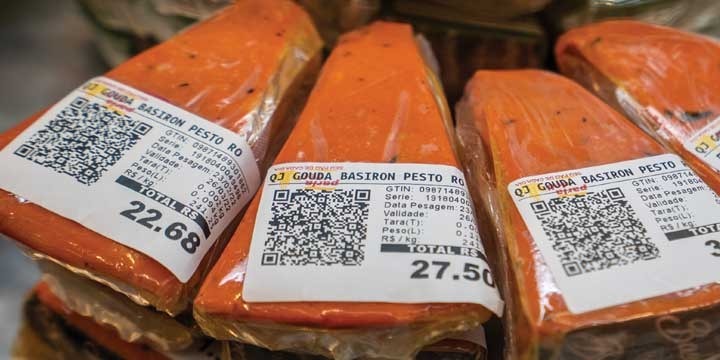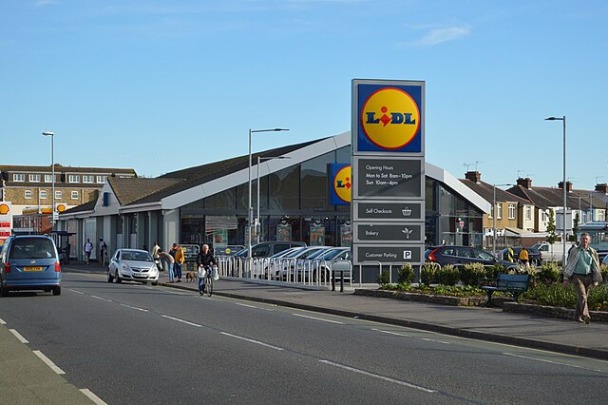March 17, 2025 Industry news
Food Waste Action Week 2025 (March 17-23) is an annual campaign aimed at raising awareness about the environmental, social and economic impacts of food waste.
The urgency to tackle this issue has never been more pressing. Globally, nearly one-third of all food produced ends up being wasted each year. This not only puts a strain on resources, it also contributes to climate change, food insecurity and economic loss.
In the UK, retailers are already stepping up to address the issue through a range of initiatives such as improving stock management, using dynamic pricing to discount products nearing expiry, and partnering with charities to donate unsold produce. While these actions are making a positive impact, there is still much more to be done.
The good news is that solutions are within our reach and businesses, no matter their size, have the power to make a difference. At GS1 UK, we’re committed to helping businesses of all shapes and sizes build more efficient, sustainable and waste-conscious supply chains. By adopting our globally recognised standards—particularly QR codes powered by GS1—businesses can harness the tools, data and insights needed to reduce food waste and better serve their customers.
Why food waste matters
Food Waste Action Week is a key moment for the global community to unite in tackling the food waste crisis. Organised by WRAP, the campaign encourages individuals, businesses, and organisations to act on food waste.
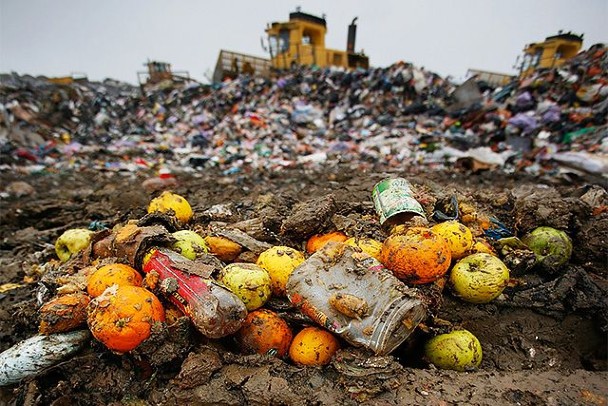
This year’s theme is prevention — asking everyone in the food industry to rethink how we can reduce waste at every level.
The scale of the challenge is staggering. In the UK alone, around 10 million tonnes of food are wasted each year, and nearly 60 per cent of which is avoidable. For businesses, this doesn’t just mean financial loss — it’s an opportunity missed for delivering on sustainability and streamlining operations.
By adopting global standards and leveraging digital solutions, businesses can take a proactive approach to food waste, improve traceability and boost their responsiveness. With the right systems in place the trusted data to power them, the food industry can stop waste before it even begins and make the most of the goods we produce and consume.
How GS1 standards can combat food waste
GS1 standards have been powering efficient and transparent supply chains for more than half a century. Today, they are helping millions of businesses around the world optimise their operations and reduce waste through enhanced data sharing, product traceability and actionable insights.
Here’s a closer look at how GS1 standards can make a real difference:
Traceability and transparency
Lack of visibility across the supply chain is a key challenge when it comes to tackling food waste. Food products can pass through many stages — from farms to retailers to consumers — and at each step, there’s potential for waste due to poor handling, inventory mistakes, or outdated stock information.
GS1 identifiers, such as the Global Trade Item Number (GTIN), and data carriers such as QR codes powered by GS1, provide the solution, enabling businesses to track products from farm to fork.
With real-time visibility of stock levels, expiry dates and product conditions, manufacturers, retailers and distributors can better manage shelf life, reduce spoilage and optimise stock rotation.
In practical terms, this means less food waste due to products being forgotten on shelves or reaching expiry dates without being sold, benefiting both the bottom line and the environment.
Smarter inventory management
For businesses managing perishable goods, efficient inventory management is crucial.
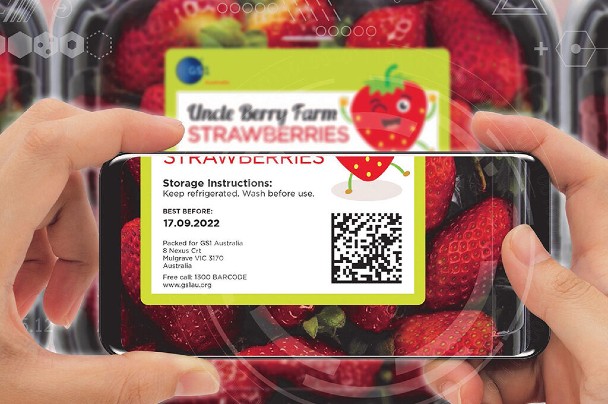
With GS1 standards, you gain access to accurate data that can improve stock forecasting, reduce overstocking, and help you manage inventory more effectively.
QR codes powered by GS1 take this to a whole other level. With the ability to hold much more information than linear barcodes basic, they can include key details such as expiry dates, batch numbers and handling instructions, allowing both businesses and their consumers to access this data quickly to ensure products are used before they spoil.
This leads to more efficient inventory turnover, fewer unsellable items, and increased customer safety, all while helping reduce waste.
Real-time data
The need for real-time data is more critical than ever in today’s fast-paced food industry. GS1 standards enable businesses to share product data in real time across the supply chain, so when a product is nearing its expiry date, everyone in the supply chain can take swift action.
Whether it’s reducing prices to move products more quickly, donating to charities, or finding other ways to use the product before it becomes waste, the visibility provided by GS1 standards mean that decisions can be made faster and with better information.
Labelling and consumer awareness
Food Waste Action Week highlights the importance of educating consumers and empowering them to make smarter choices.

With QR codes powered by GS1, businesses can provide consumers with clear, easy-to-understand information about the product they buy.
When consumers scan these smart QR codes with their phones, they can instantly access key details such as expiration dates, storage conditions, usage instructions and more.
This transparency helps reduce food waste at the consumer level by making it easier for people to manage their food at home, preventing unnecessary waste due to confusion over storage or expiry.
Supporting sustainability and reporting
Sustainability is now top of mind for both consumers and regulators. By using GS1 standards to track key metrics related to food waste, carbon footprints and other sustainability goals, businesses can meet their environmental targets and share their progress with stakeholders.
Whether it’s for meeting sustainability certifications or improving environmental impact, adopting GS1 standards can help brands and retailers accurately document their journey toward reducing food waste.
Standards in action
Across the globe, businesses are increasingly turning to GS1 standards to develop innovative solutions aimed at reducing food waste.
These initiatives are empowering both companies and consumers to make smarter choices and minimise waste at every stage of the supply chain.
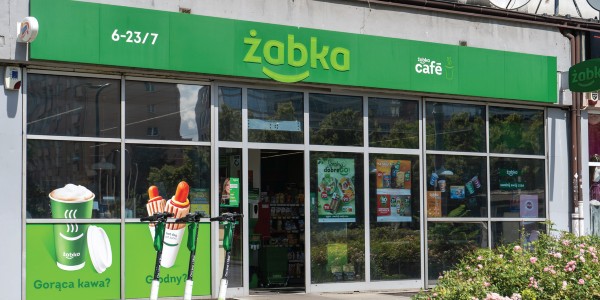
Poland
Polish retailer Zabka has collaborated with GS1 Poland to adopt DataMatrix barcodes to enhance its management of perishable goods.
The path to a waste-free future
Tackling food waste remains a critical issue and the time to act is now. GS1 standards offer the tools and infrastructure to help businesses, whether small or large, improve their supply chains and contribute to a more sustainable food system.
By adopting GS1 standards, businesses can reduce costs, enhance sustainability and strengthen customer relationships. Let’s come together and make Food Waste Action Week 2025 the turning point for addressing food waste for a more sustainable, efficient, and waste-free future.


